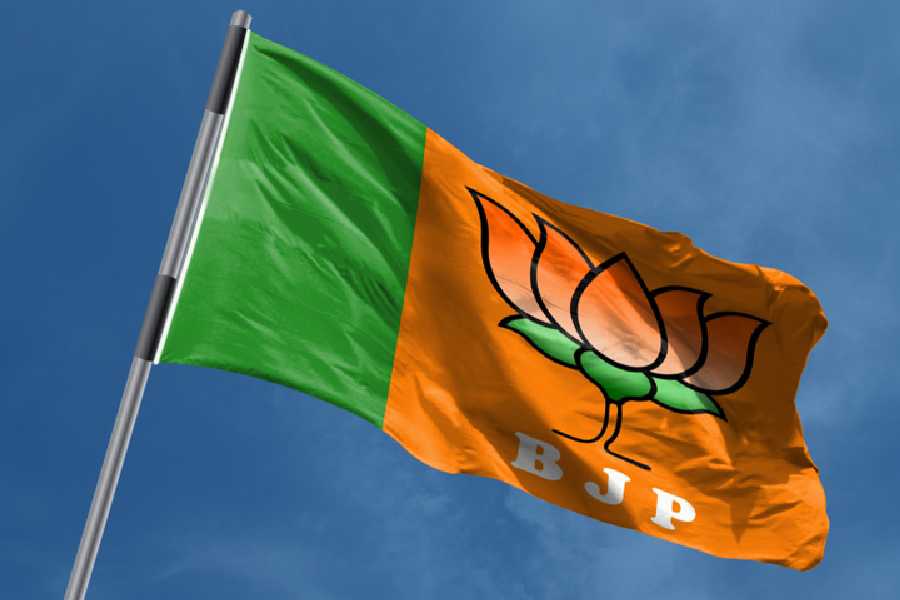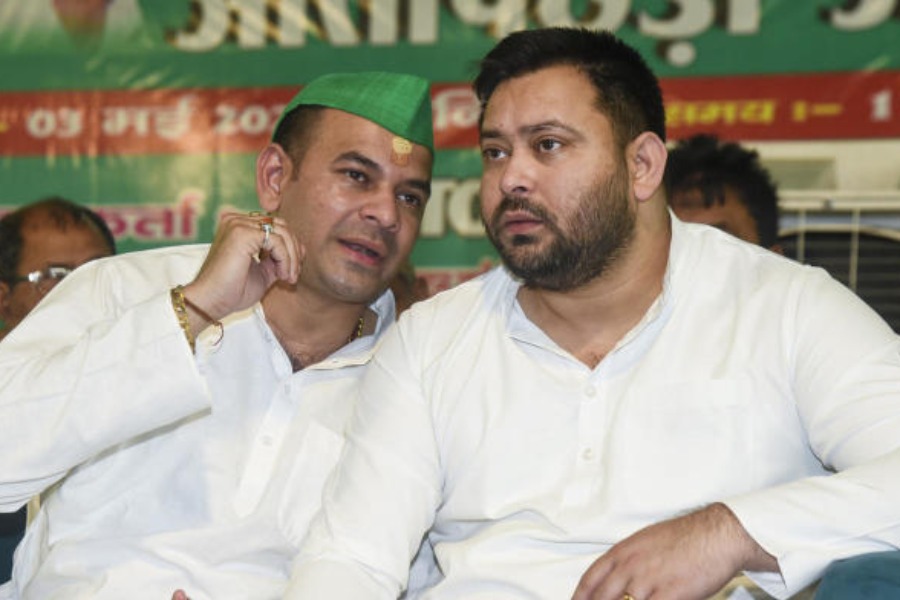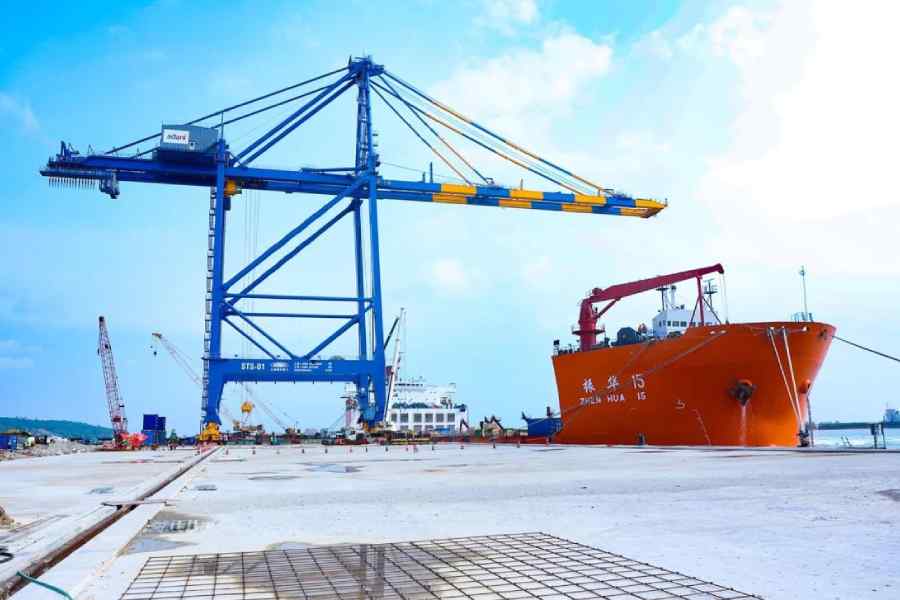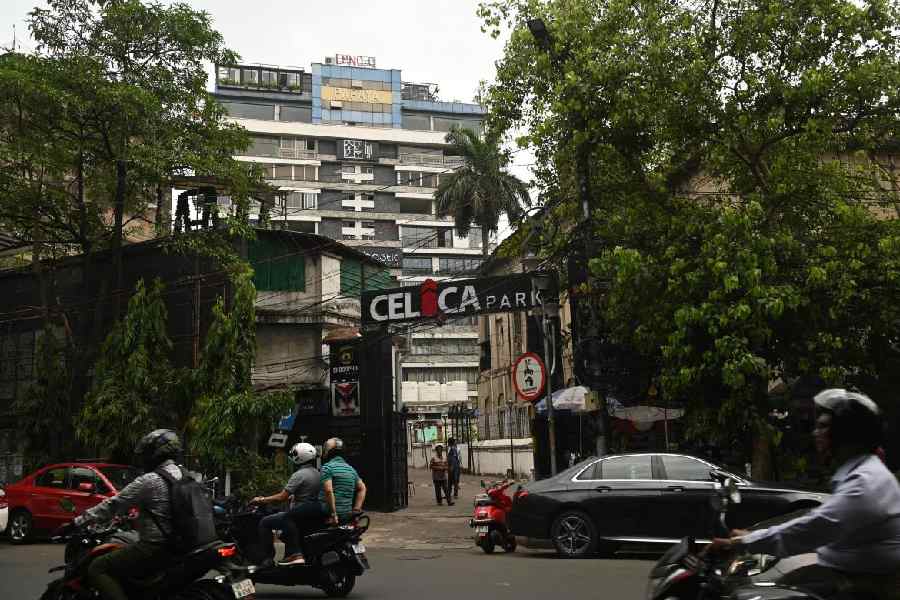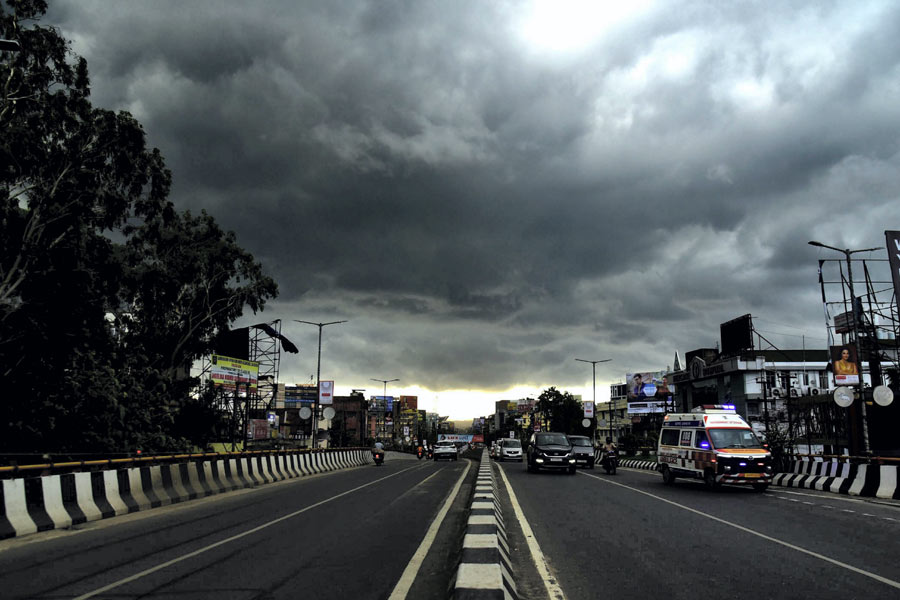 |
| Good for some, bad for some |
New Delhi, Oct. 18: First law of economaladies: bad economics is good for economists.
Sebastian Morris can’t hide a chuckle as he recalls his changed status, from long-ignored forecaster to sought-after analyst.
Morris, an economist at the Indian Institute of Management, Ahmedabad, insists he had warned the world of the global financial crisis in his writings for academic journals but was ignored.
Now, as fears of an economic slowdown and job cuts hit India, Morris has been receiving phone calls from institutions and individuals, from companies to members of his own family. “It feels nice to be in demand,” he said.
Not too long ago, some economists say, stock analysts were the “stars” at dinner conversations or panel discussions. Now, they say, many people are turning to economists to make sense of the crisis and hear forecasts on how long it will last.
Others want to know whether economists had failed the world.
“There are lots of people who’ve come up to me and said: “If you guys are so good, you should have seen it coming,” said Suman Berry, director of the National Council for Applied Economic Research, New Delhi.
But economists may not be the only ones whose stock has risen during the current crisis. The railways, debt collectors, nationalised banks and even astrologers are among institutions or groups that may be benefiting.
“Seven out of 10 people who would otherwise have taken flights are asking for railway bookings now,” said R. Viji, an executive at Nax Travels, Chennai.
An airfare rise in recent weeks has prompted many foreign travellers to choose trains over planes, said Jagmohan Singh at Savion Travel Services in Noida, an agency whose clients are primarily foreign executives.
“We’ve had foreign executives from IBM, among other multinational companies, opting for the Shatabdi and first-class train tickets over flights to Khajuraho or Varanasi or Jaipur,” Singh said.
One other sector that may be growing in these times of fiscal turbulence is that of debt collectors — organisations involved in recouping loans from individuals and firms for banks and credit-card companies.
An executive at the Gurgaon branch of such a back office said it planned to double its intake of recovery agents over the next year.
“We expect the turmoil to last globally for at least another year, and we need to double our strength to meet the demand,” she said.
The job involves calling people who have defaulted on loan repayment for cars or houses, among other assets.
Astrologers are also raking in clients seeking guidance on their investments and finances.
“Normally, the majority of our clients would have concerns related to family, marriage or relationships. But over the past fortnight, most queries have been related to financial losses or fears about possible losses,” said Abhishek Dhawan, an astrologer who also runs a website, askganesha.com.
Similar fears may be fuelling movement of funds into nationalised banks.
For the first time in his 29 years as a professional banker, Rajesh Bakshi is witnessing a rise in the number of people walking into his branch to deposit money in the days preceding Diwali.
“I’ve not seen such a rush for deposits in the pre-Diwali period,” said Bakshi, manager of a personal banking branch of a leading nationalised bank. “We usually see people pulling cash out during this season to buy things for their homes or their families.”
The average number of new depositors has jumped from between 10 and 20 per day to between 20 and 40, Bakshi said. “It may be a sign that people are turning to nationalised banks.”
At a State Bank of India branch, a senior manger estimates that new depositors have brought in about Rs 15 crore over the past two weeks, a significant proportion of the funds previously held in private banks.
“A spike (in deposits) is visible,” said the manager who asked not to be quoted.


